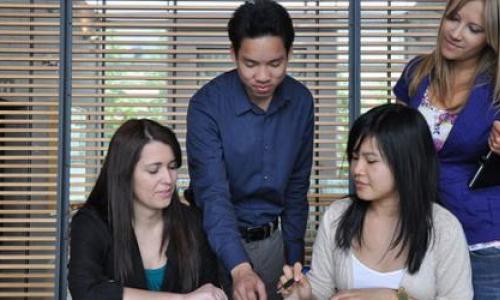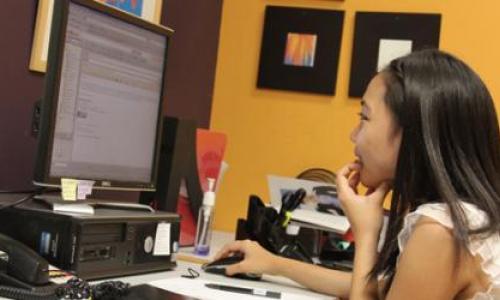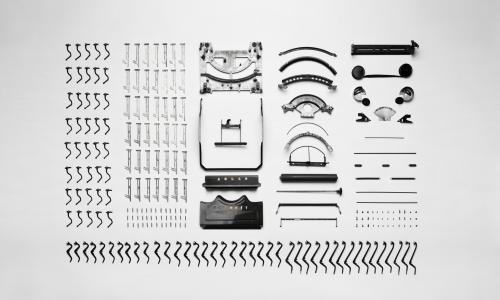
Have you ever wanted to work for a certain employer, only to discover they don’t have any job openings? Or maybe you’ve wanted to move into a different role with your current company, but there are no openings for that either. What do you do? One option is to create a “job proposal” for the new position you’re aspiring to. For example, I recently sought to help an organization with their social media efforts and created a job proposal for the position, which didn’t exist prior.
So, how do you write an effective job proposal? I asked myself the same question! Here are the steps I found to be effective:
-
Gather Information: Prepare to conduct some research. First, analyze the company’s current operations and choose to focus on one area. Determine why the current business operations are set this way. In other words, what is the employer’s goal in this area? Talk to others in the same industry and find out what common challenges these organizations are facing.
-
Identify Your Strengths: After identifying the challenges and/or weaknesses a particular organization is facing, ask yourself what your personal strengths are that may be relatable to the prospective employer. Provide evidence of each skill/strength you have identified (for example, a project that you have worked on).
-
Match Strengths With Needs: Align your strengths with the prospective employer’s challenges and goals - in other words, their needs. Think about how your personal strengths can help the employer meet their challenges and achieve their business goals.
-
Prove You’re Worth It: Gather evidence of your success. This could include statistical graphs, projects, reports, references, and recommendations. Whatever they are, these will boost your case significantly.
-
Determine Expectations: What would you be willing/unwilling to do in this position? Draft a job description with duties you are comfortable with. Additionally, consider the role and compensation – are you seeking a part time or full time job? A continuing or temporary/seasonal position? You may also want to think about how much you’d like to be compensated, but waiting for a job offer from the employer before negotiating compensation is wise.
Creating a job proposal for the social media position I mentioned above was no easy task. Perhaps the most difficult was sorting through what seemed like hundreds of statistical graphs and project reports. Nonetheless, graphs were a great way to illustrate the organization’s social media efforts at different points in time. Using real evidence, I could show how big the impact of my new social media strategy was after its implementation. Quantifying my skills using statistical information in this way worked well for me. Statistics are awesome!
I also found writing the actual proposal to be very time consuming, because I wanted it to be perfect. In fact, I had a couple of my colleagues review it for me before submitting it. The entire process of producing the final copy of my proposal took about two weeks. It was definitely a daunting task, but I also found the whole process to be very exciting!
So, it might be a bit of work, but using the steps above, I’m confident you can write a winning job proposal! Show that you have a clear understanding of what the company needs and you are more than capable of helping them achieve their goal. Be clear and concise when you write your proposal so that when an employer reads it and asks “How will I benefit from this?” the answer is crystal clear.
Lastly, don’t be discouraged if you don’t end up getting the position you hoped for. Many times, employers do recognize your strengths, abilities and incredible initiative for creating a job proposal, but remain unable to hire you due to budget issues or lack of resources. You still deserve a pat on the back, so walk away knowing that you did yourself and your strengths justice, and be ready for the next opportunity!














